KATHMANDU, July 19: Lawmakers in Nepal on Saturday failed to elect the country’s first president and end weeks of political deadlock following the abolition of the Himalayan monarchy, official television said.
The selection of the country’s first post-royal head of state would have paved the way for Nepal’s Maoists, who hold the most seats in a recently elected assembly but do not have a majority, to form a government.
But no candidate won the 298 votes necessary, Nepal Television reported, after a secret ballot in the country’s constitutional assembly.
The leading candidate, Ram Baran Yadav, was just four votes short of a majority to take the largely ceremonial presidency, the channel reported.
Die-hard republican Ramraja Prasad Singh, the candidate backed by the Maoists although he is not a member of their party, won 282 votes, the channel said.
Both men are ethnic Mahadhesis who hail from the troubled lowland area bordering India known as the Terai, where demands for an autonomous federal state have seen frequent deadly clashes. Singh, who was arrested two decades ago for throwing small bombs at parliament and the palace as part of an anti-royal protest, was earlier pegged as the favourite by political analysts.
The country has been stuck in political limbo ever since the assembly, which will write a new constitution for Nepal, sacked unpopular king Gyanendra and abolished the 240-year-old Hindu monarchy in a landmark meeting on May 28.
Interim prime minister Girija Prasad Koirala has since resigned, but with no one in power to accept his resignation, the elderly centrist has lingered on as a weak caretaker.
The three main parties, who are also leading a two-year-old peace process that saw the Maoist rebels lay down their arms after a decade-long struggle, had hoped to select a president by consensus.
But political infighting led to a falling out and to Saturday’s election.
It was not yet clear when a new vote would take place.
The new president will take over some of the ceremonial duties previously performed by ousted king Gyanendra.
In the past seven weeks, as arguing continued over the symbolic post, Nepal has been largely ungoverned.
The Nepali fiscal year ended on July 15 without a new budget, although the assembly did approve a supplementary spending bill.
The country has lurched from strike to strike, over fuel prices, wages and working conditions.
But once a president is in place, that will pave the way for the formation of a government headed by a prime minister, most likely Maoist leader Prachanda — whose group is still classed as a “terrorist” organisation by the United States.
“The president will accept the resignation of the (interim) prime minister and then the Maoists can form a government,” explained Yubaraj Ghimire, editor of the Nepali-language news weekly Samay. —AFP





















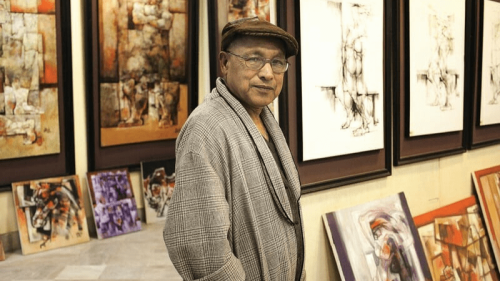
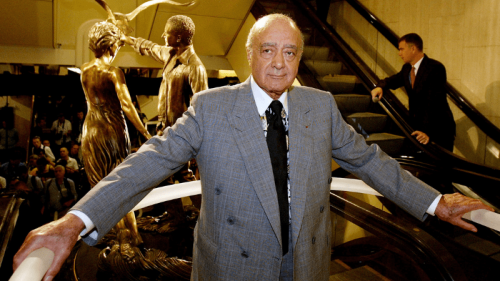










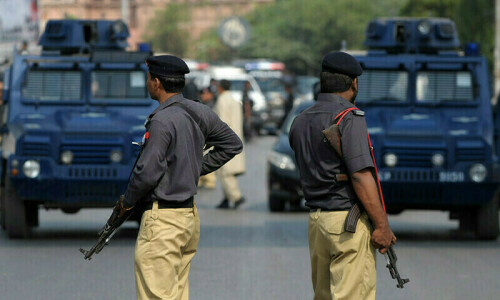








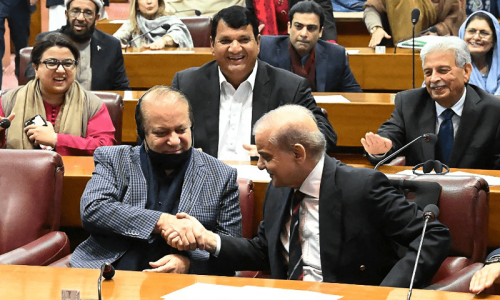
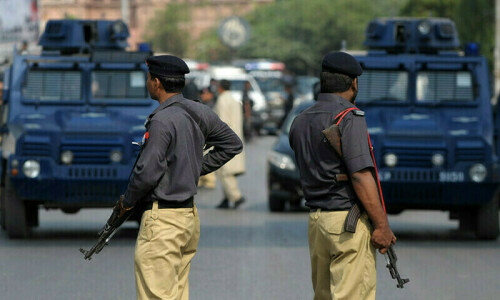


Dear visitor, the comments section is undergoing an overhaul and will return soon.